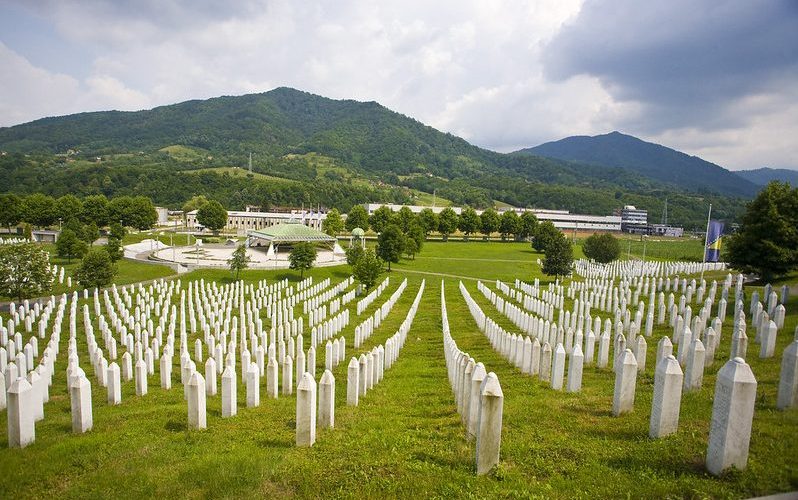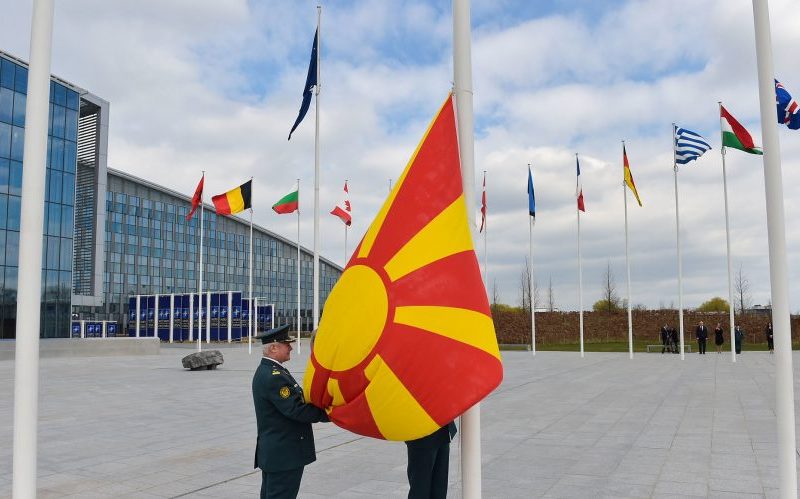
The Breakup of a State: The Balkan Model of the Holocaust
Only a few decades after World War II, the international community largely failed in its role as an intermediary in the war that followed the breakup of Yugoslavia. On the doorstep of the 21st century, new genocides took place in Europe with the ethnic cleansing in Srebrenica, Prijedor, Foca, Bratunac, Sarajevo, as well as all the occupied places and cities under siege in the Republic of Bosnia and Herzegovina. The terrible events in Srebrenica left a black shadow on European history. According to the International Committee of the Red Cross, 7.079 Bosnian Muslims were killed in Srebrenica between July 12 and 16, 1995, in what turned out to be the worst genocide in modern Balkan history.

Springtime for Democracy : Turkey’s Election Promises a New Chapter
On May 14, Turkey will elect its 13th president. The question on everyone’s mind is whether the united opposition’s efforts will be enough to oust the incumbent, Erdoğan. The upcoming presidential and parliamentary election, with its more than 60 million registered voters, is considered to be the turning point in Turkey’s seventy-year-old history as an electoral democracy.

Unresolved Historical Issues: North Macedonia’s Two Decades on the European Porch
It has been 18 years since the Republic of North Macedonia received the status of a candidate country for EU accession. The children born on the historical day when North Macedonia became an official EU candidate are coming of age this year and are on the doorstep of the student campuses. Yet, even though new constitutional changes have been set in place in favor of the neighbors, it is unclear when North Macedonia will join the EU.

